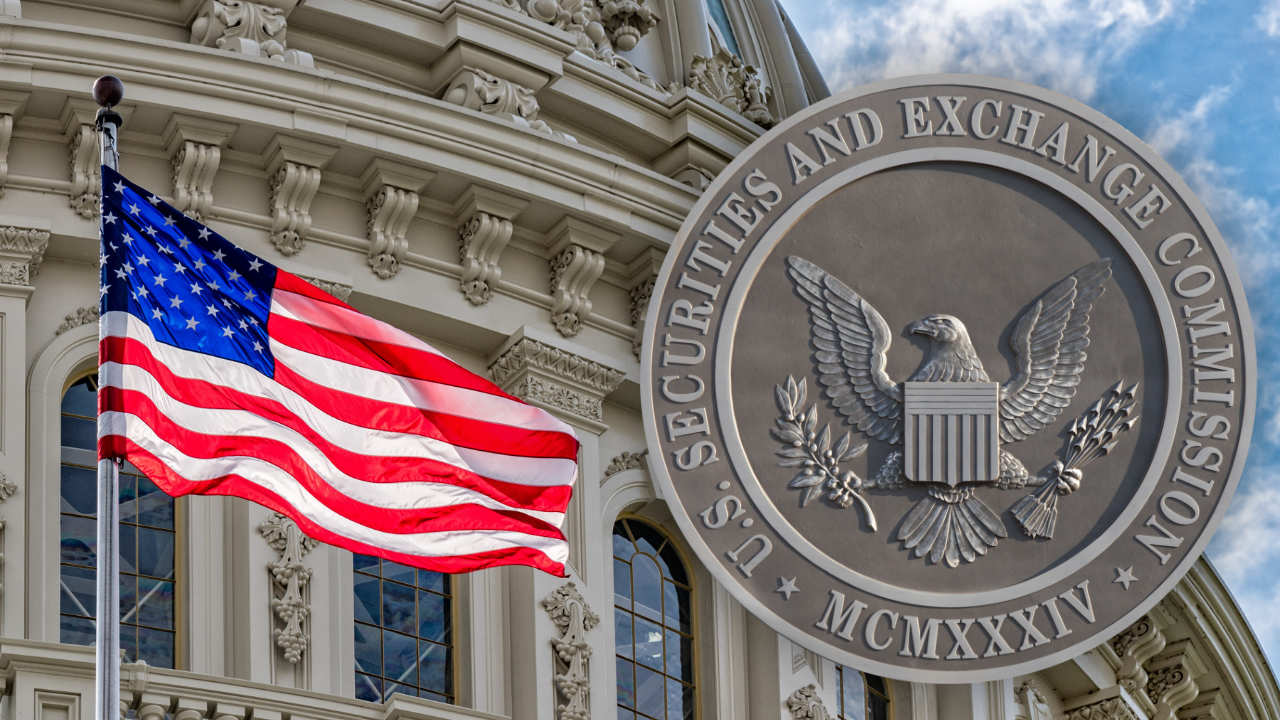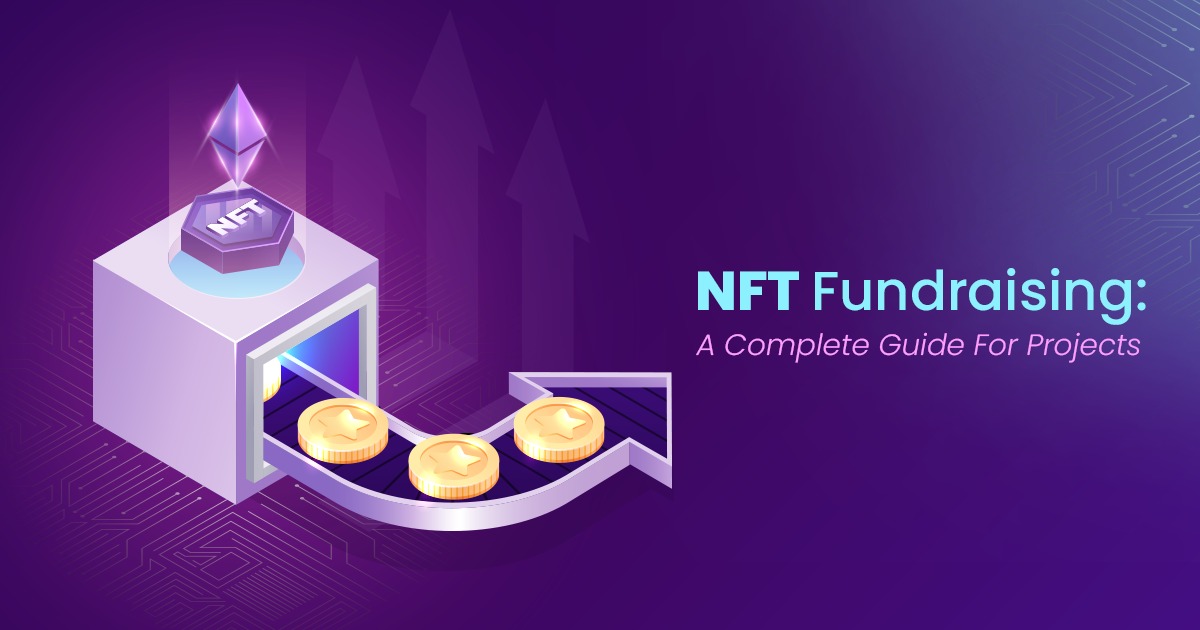In a major development for the cryptocurrency industry, leaders at the U.S. Securities and Exchange Commission (SEC) have shown a willingness to let crypto startups raise funds using Non-Fungible Tokens (NFTs). Hester Peirce, who leads the SEC’s Crypto Task Force, made the announcement on March 21, 2025. This shift could transform how new blockchain projects secure funding and possibly open up new opportunities in decentralized finance (DeFi). As the regulatory landscape evolves, the impact on startups, investors, and the broader crypto ecosystem is significant. Here’s what this means for NFT fundraising in 2025.
A Turning Point for NFTs and Fundraising
During an SEC roundtable, Commissioner Hester Peirce, who is known for her pro-innovation stance in the crypto space, suggested that NFTs used for fundraising might be exempt from strict securities regulations. She highlighted examples like Stoner Cats, an animated series that raised $8.5 million through NFT sales in 2021, and Flyfish Club, a tokenized dining membership, as projects that could benefit from such an exemption. Under former SEC Chair Gary Gensler, the SEC had pursued enforcement actions against these projects, claiming they violated securities laws. However, Peirce’s comments signal a shift towards a more relaxed approach.

Peirce’s proposal reflects the ongoing debate in the crypto industry, where many argue that NFTs—unique digital assets on blockchains like Ethereum—should not always be classified as securities. She pointed out that NFTs tied to art, rewards, or memberships are different from traditional investment contracts. If implemented, this exemption could legitimize NFT fundraising, allowing startups to raise capital without dealing with complex regulatory requirements.
Why This Matters in 2025
Peirce’s statement comes at an important time. By Q1 2025, the crypto market has bounced back, reaching a total market cap of over $3 trillion, fueled by institutional adoption and progress in regulatory clarity. However, startups still struggle to raise funds through traditional channels like venture capital or initial coin offerings (ICOs), which face heavy scrutiny from regulators. NFTs offer an appealing alternative by combining utility, community involvement, and investment potential, drawing interest from a new generation of supporters.
In 2024, NFT sales volume hit $12 billion, with a significant portion linked to project funding, rather than just speculation. Peirce’s proposal aligns with this trend and could unlock billions more for crypto startups. For example, a startup could issue NFTs that offer early access to a product, governance rights, or exclusive perks, following the model set by Stoner Cats and Flyfish Club, without triggering SEC regulation as securities.
The SEC’s Evolving Stance
Peirce’s remarks build on the SEC’s recent efforts to clarify crypto regulations. In 2024, the agency granted an exemption to Proof-of-Work (PoW) mining operations, recognizing their operational nature over investment intentions. NFTs may receive similar treatment. Peirce mentioned that the SEC is exploring frameworks to encourage innovation while protecting investors, suggesting that an official statement could come soon. This shift comes as the SEC faces increasing pressure to adapt to the rapid pace of blockchain development. At the same time, the U.S. is competing with crypto-friendly jurisdictions like Singapore and the UAE.
The legal cases involving Stoner Cats and Flyfish Club, which saw settlements in 2023, illustrated the SEC’s previous view that NFTs with profit expectations were securities. Peirce’s comments suggest a change in perspective—distinguishing between speculative tokens and those with real utility. If approved, this shift could validate past NFT projects and encourage more NFT-based fundraising in 2025.
Opportunities and Challenges for Crypto Startups
For crypto startups, NFT fundraising offers a direct, decentralized way to raise capital without relying on intermediaries like banks or venture capital firms. A startup could, for example, sell 10,000 NFTs at $500 each to raise $5 million, offering buyers perks such as digital art, staking rewards, or platform access. This model fosters community ownership and aligns with crypto’s decentralized ethos.

However, challenges remain. The value of NFTs can be volatile, driven more by hype than fundamentals, creating risks for both startups and buyers. Regulatory uncertainty persists until the SEC formalizes its stance—Peirce’s comments are not yet official policy. Startups also need to navigate anti-money laundering (AML) rules and maintain transparency to avoid scams, which remain an issue in NFT markets. Despite these hurdles, the potential to raise millions without SEC registration could be a significant advantage.
Market and Institutional Implications
The market reacted quickly to Peirce’s comments. NFT-related tokens like Ethereum (ETH) and Flow (FLOW) saw price increases of 5-8% within hours on March 21, 2025. Analysts believe that a formal exemption could open the door to institutional involvement in NFT fundraising, with firms like BlackRock, which are already experimenting with tokenized assets, potentially exploring NFT models for private equity or real estate funds.
This fits with broader trends in 2025, such as the IMF’s inclusion of crypto in balance of payments and upcoming U.S. crypto legislation, signaling mainstream acceptance. An SEC exemption could accelerate this process, positioning NFTs as a legitimate tool for capital raising, rather than a speculative trend.
What’s Next for NFT Fundraising?

If the SEC moves forward with this proposal, 2025 could see a boom in NFT-driven startups. Peirce suggested that clarity could come within months, possibly by mid-2025. Crypto entrepreneurs are already generating ideas, from tokenized game studios to DeFi protocols and even ventures involving physical assets like art galleries. The key will be balancing innovation with investor protection, a challenge the SEC has yet to fully address.
For now, Peirce’s comments offer hope to crypto startups. They signal that regulators are listening and may be ready to treat NFTs as more than just digital collectibles. As 2025 unfolds, NFT fundraising could change how the next wave of blockchain projects rise.








